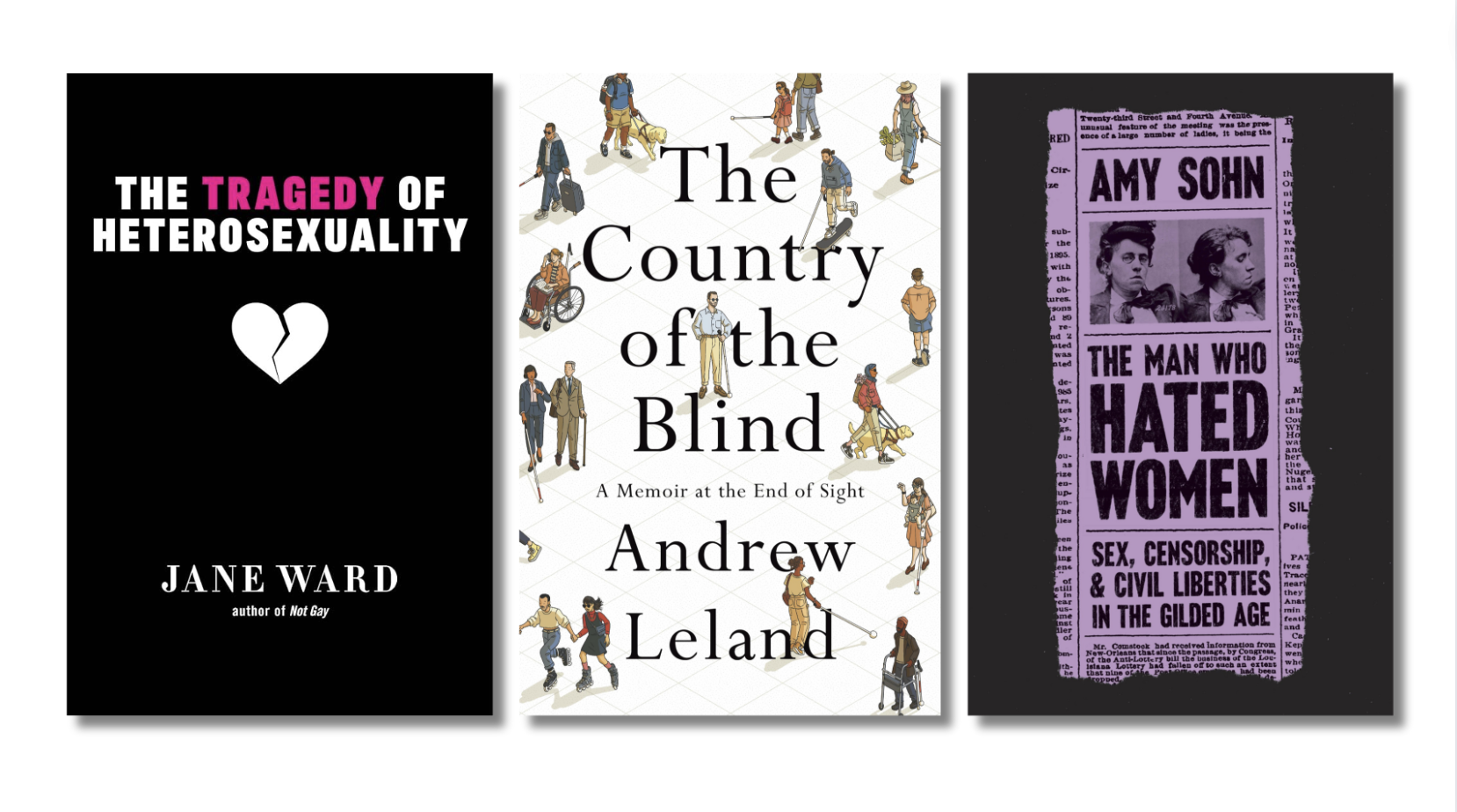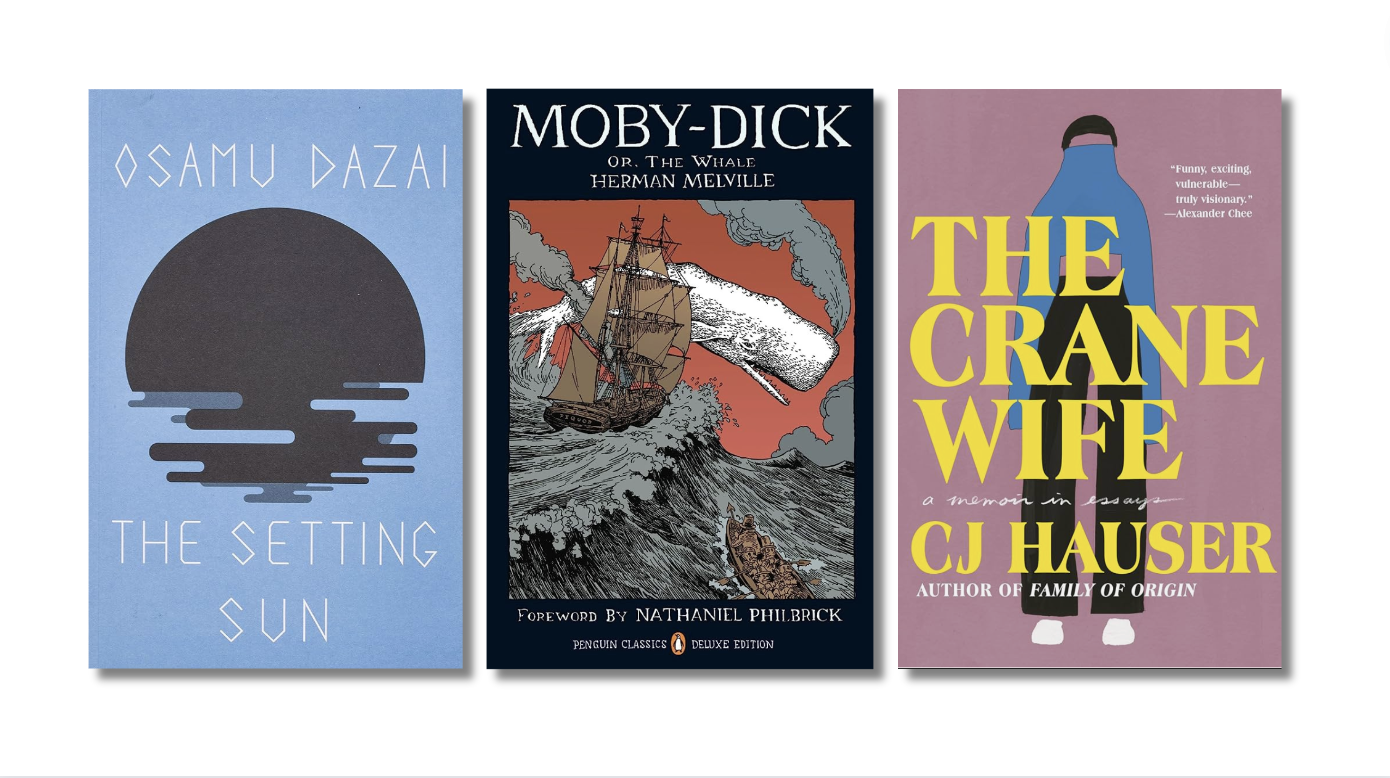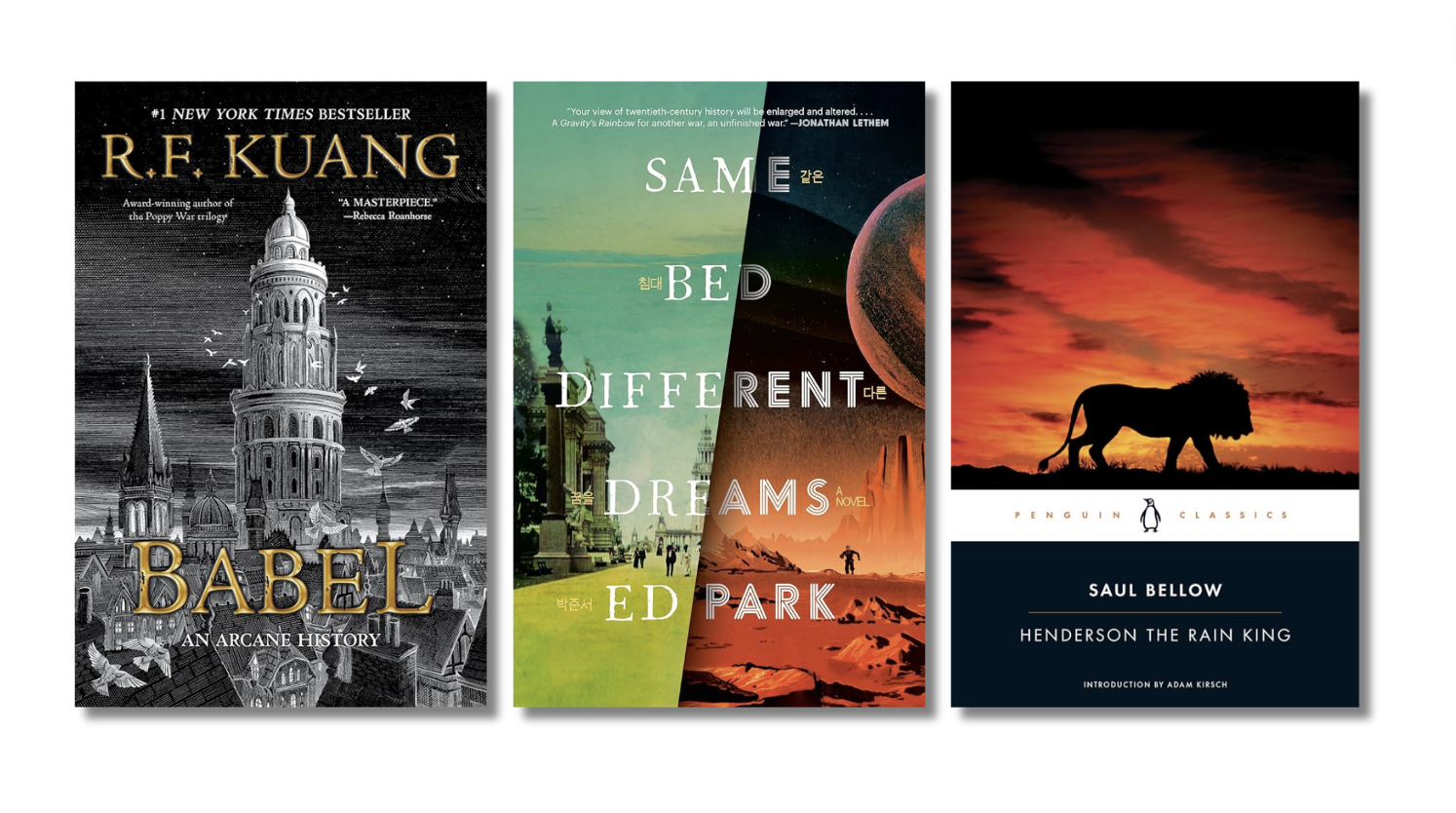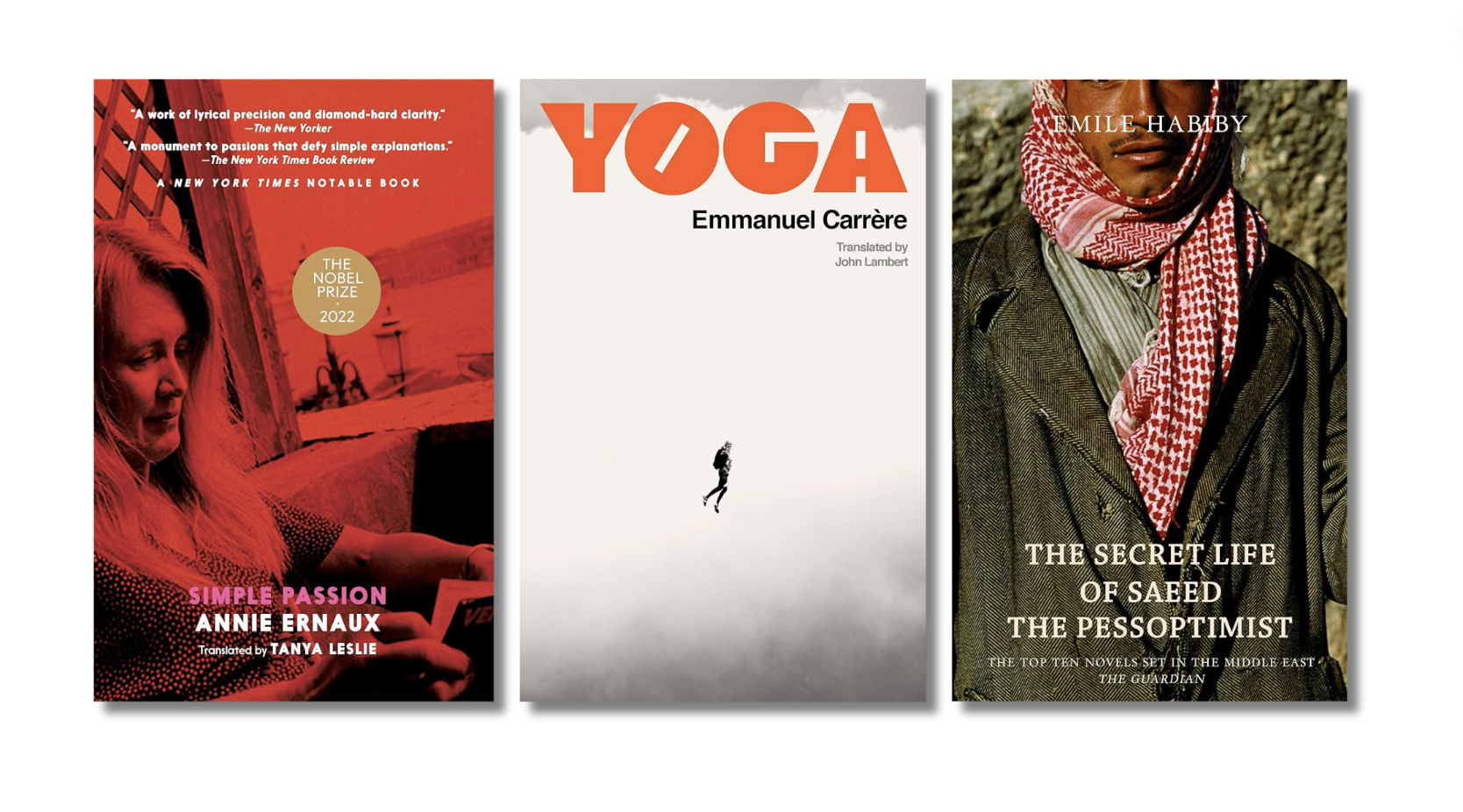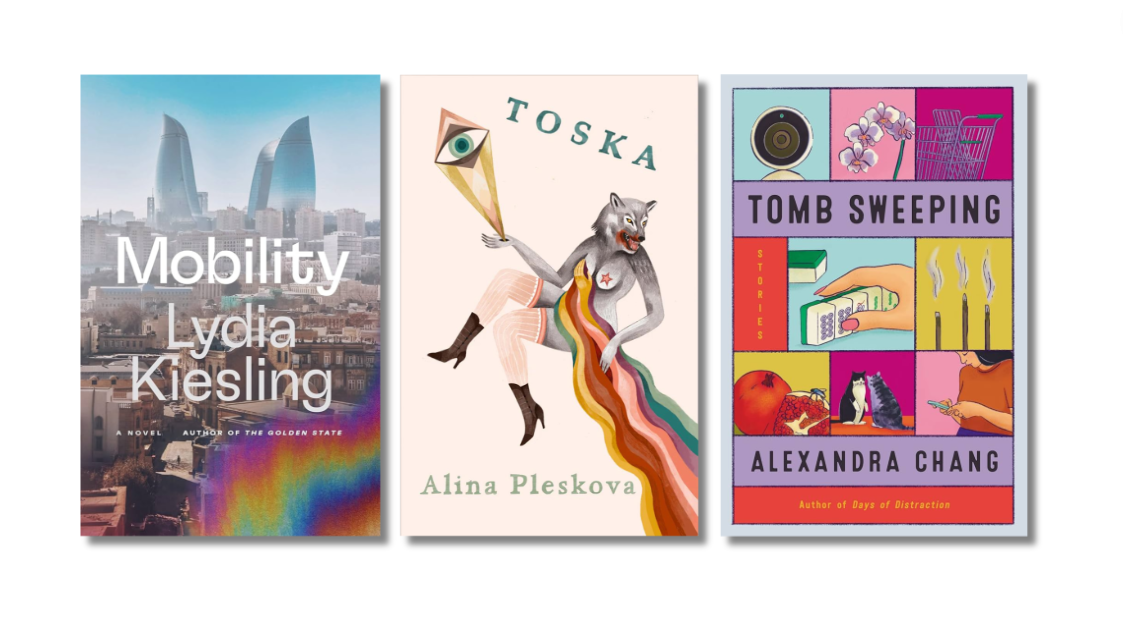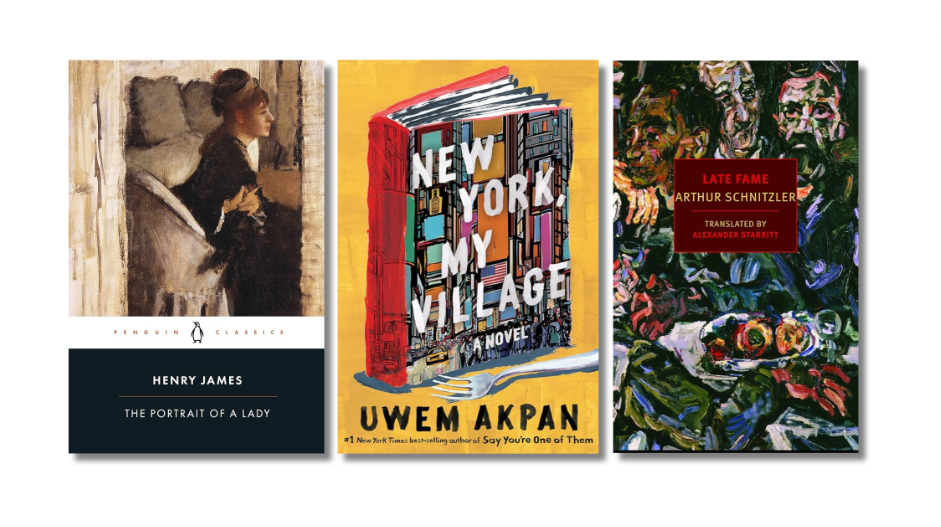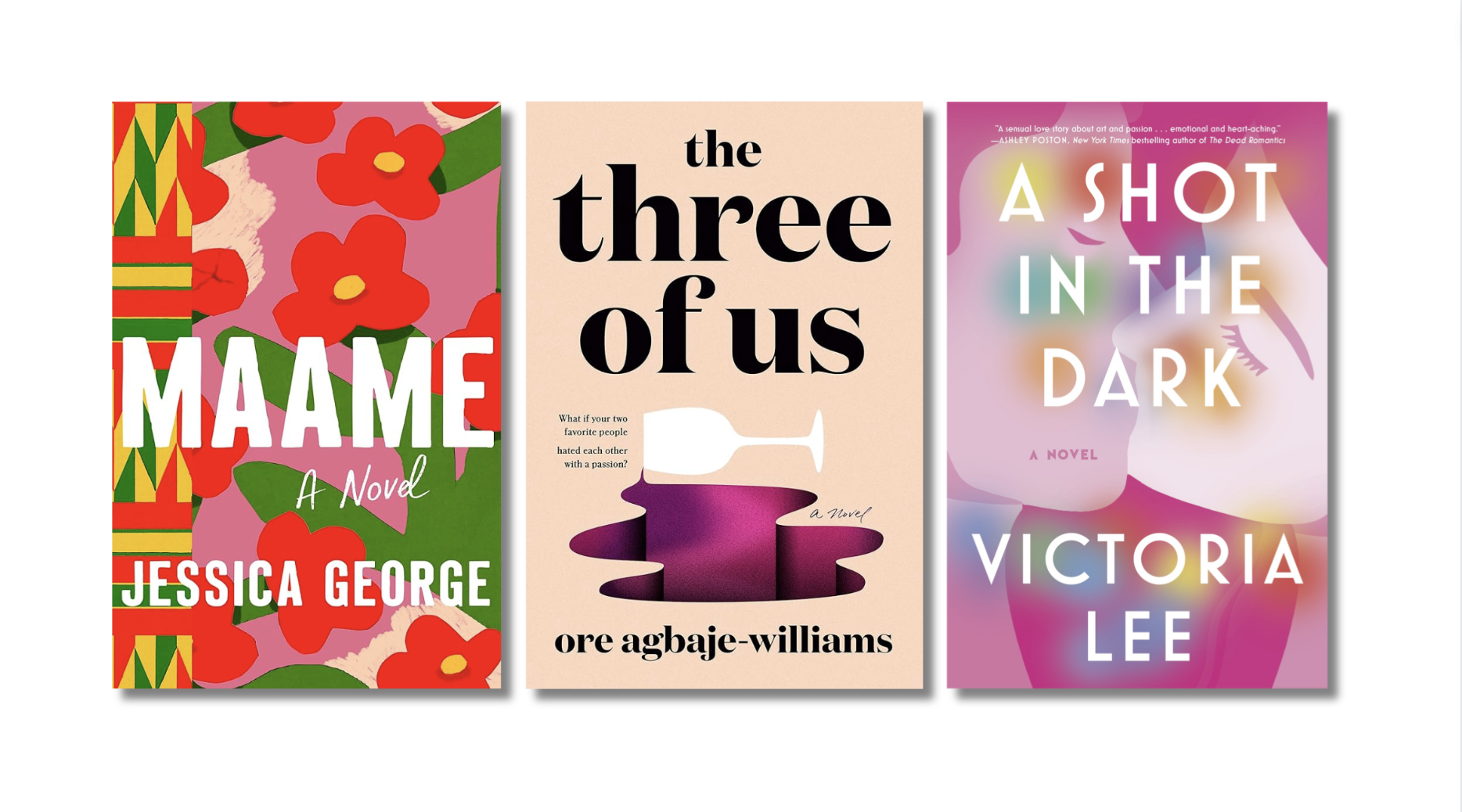Thinking back on this year, I’m surprised to find that the books that meant the most to me were nonfiction. I read a lot fiction this year, and much of it was excellent and memorable, but when friends asked for recommendations, I found myself championing The Sixth Extinction and Sapiens, two books of natural history that describe, with precise calm, the dramatic effect our species has had on every other species on the planet. I stand by those recommendations, but I’d like to use this space to single out three memoirs that I haven’t been able to stop thinking about, and which I know I will return to again. I will list them in the order that I read them.
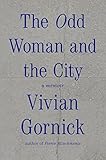 The Odd Woman and the City, by Vivian Gornick
The Odd Woman and the City, by Vivian Gornick
I read a galley of this book in February. When I first started reading it, I thought: This is the book I’ve been waiting for. And then I thought: I should review it. And then: No, I love it too much.
I didn’t want to review this book because it felt like a friend — or maybe it’s better to say that it felt like a conversation with a friend. This memoir is actually about friendship and conversation; about the ways that a long-term friendship is a conversation that doesn’t really end, it just has long pauses. As Gornick writes of her decades-long friendship with Leonard, the gay man who is her counterpart: “What we are, in fact, is a pair of solitary travelers slogging through the country of our lives, meeting up from time to time at the outer limit to give each other border reports.”
Gornick’s book is also about what it’s like to be an unmarried woman, to live outside the borders of family life. It’s about what it feels like to be lonely, and what it feels like to be free. It’s about what it feels like to change your mind, about the intellectual, spiritual, and emotional growth that comes after you’ve come of age, and even after you’ve “come into your own.” Finally, it’s about living in New York City. You would think that’s a topic that’s been done to death, but I’ve read dozens of NYC memoirs and novels and I’ve never read one that captures what it actually feels like to live in this city for a long period of time, to get older in it, to watch it change and to change along with it.
I don’t know how Gornick pulled this book off, because as I describe it, it feels as formless as conversation itself, the way, with a good friend, you can start in one place and end in another, having no idea how you got there.
 Teach Us to Sit Still, by Tim Parks
Teach Us to Sit Still, by Tim Parks
Last year I wrote about discovering Tim Parks’s criticism, specifically his monthly(ish) blog posts for The New York Review of Books. This year, I decided to read one of his books, and chose his memoir, Teach Us to Sit Still, mainly because it was about meditation, something everyone was telling me to do, but which I was reluctant to try. I thought, if anyone can convince me to give meditation a chance, it’s Tim Parks. Still, I was skeptical. But the charm of this book is that Parks is also skeptical of meditation. He tries it out of desperation. He doesn’t want to change his life, but he has to. Teach Us to Sit Still describes how and why he makes that change.
From one angle, Teach Us to Sit Still is a disease story. There are symptoms, which lead to a diagnosis, which lead to a treatment plan. But from another angle, it’s a memoir about the writing process. Writers don’t often talk about the ways that their health affects their work, but Parks gets into the logistics of his day, explaining how he fit meditation into his daily routine — as well as the reviewing work he reluctantly gave up, so that he could fit it into this routine. He writes about trips to the doctor and the masseuse, about anxious late-night online searches, and about the quality of his sleep and his dreams. When he starts attending meditation retreats, he describes them with remarkable detail, especially when you realize that he wasn’t allowed to bring pen and paper (or laptop) with him. Most importantly, he writes about how his identity and work as a writer is challenged and changed by new engagement with his health. At one point, he toys with the idea of giving up writing entirely. Thankfully, he didn’t, and wrote this book instead.
 Between the World and Me, by Ta-Nehisi Coates
Between the World and Me, by Ta-Nehisi Coates
I’m aware that you don’t need me to recommend this book, or even describe it, since it has been extensively praised, lauded, awarded, and reviewed all over the place, but to give an honest accounting of my year in reading, I have to mention it. Coates’s memoir was easily one of the best I’ve read in the past decade, one of those rare books into which the author has poured his entire life experience. It’s a stunning distillation of thought and study, one that traces Coates’s intellectual growth over three decades as he digs deeper and deeper into American history, uncovering the ways our ruthlessly violent past is woven into the present day, causing the deaths and incarceration of hundreds of thousands of black men.
At the center of the book is Coates’s rage over the death of his friend, Prince Jones, a star student and all-around exemplary young man who was killed by a police officer in 2000. There is a special vulnerability to Coates’s anger because the circumstances of Jones’s death are such that Coates feels he might have found himself in the same situation and been killed as needlessly. Coates calls Jones’s death “the superlative of all my fears” — for himself and for his 15-year-old son, to whom Between the World and Me is addressed. I love the moments in this book when Coates speaks directly to his son: “I am not a cynic. I love you and I love the world and I love it more with every new inch I discover. But you are a black boy, and you must be responsible for your body in a way that other boys cannot know.”
There is an emotional directness to this line that characterizes so much of Coates’s writing and this memoir in particular. It is truly a beautiful book, and the exciting thing is that it feels like just one of many beautiful books Coates will write over the next few decades.
Writing about these three memoirs, I realized that what unites them is the way the authors mix very cerebral narratives with straightforward accounts of what it’s like to live in their bodies at their particular moment in history. They don’t divide the mind from the body mainly because they don’t have the luxury to do so — Coates because he’s a black man in America, Parks because he has chronic pain, and Gornick because she’s a woman living on her own. The result is books that gave me a profound sense of what it might be like to live through — as Gornick put it so beautifully — “the country of their lives.”
More from A Year in Reading 2015
Don’t miss: A Year in Reading 2014, 2013, 2012, 2011, 2010, 2009, 2008, 2007, 2006, 2005
The good stuff: The Millions’ Notable articles
The motherlode: The Millions’ Books and Reviews
Like what you see? Learn about 5 insanely easy ways to Support The Millions, and follow The Millions on Twitter, Facebook, Tumblr.





